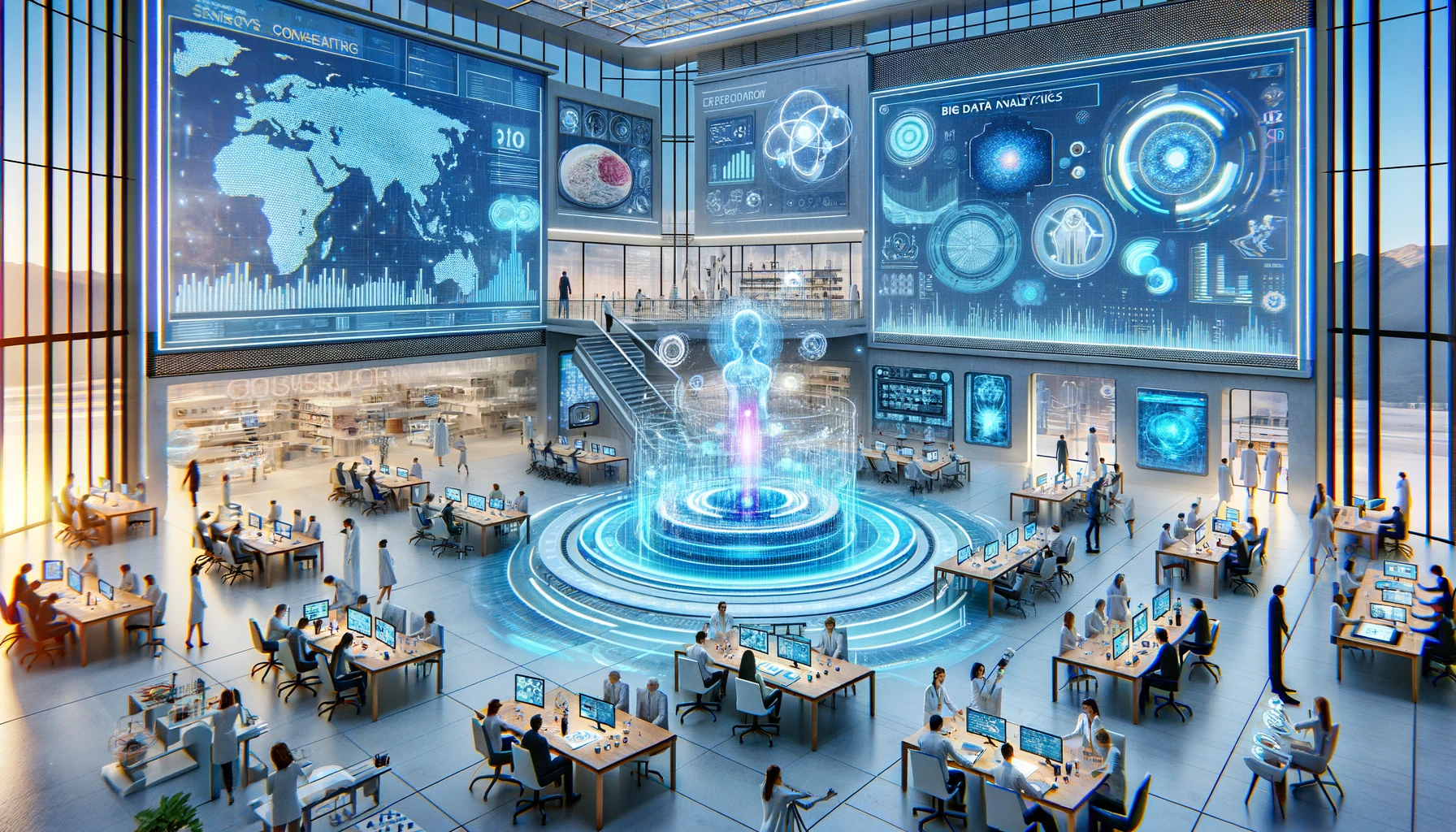Future Of Consumer Behavior
The future of consumer behavior is poised to be shaped by technological advancements, evolving societal values, and changing economic landscapes. As digital technology continues to integrate into everyday life, consumers are becoming more connected and informed. This connectivity will lead to more personalized and data-driven shopping experiences, as businesses utilize artificial intelligence and big data to understand and predict consumer preferences with greater accuracy.
Emerging technologies such as virtual reality (VR) and augmented reality (AR) are expected to transform the shopping experience, allowing consumers to virtually try products before purchasing. Additionally, the rise of smart home devices and the Internet of Things (IoT) will enable seamless, automated purchasing processes, making shopping more convenient and efficient.
Societal shifts towards sustainability and ethical consumption are also influencing future consumer behavior. Increasingly, consumers are prioritizing brands that demonstrate environmental responsibility and ethical practices. This trend is likely to continue, with more consumers demanding transparency and accountability from the brands they support.
Economic factors, including the growing gig economy and changing income patterns, will impact consumer spending habits. Flexible working conditions and variable income streams may lead to more cautious and value-driven purchasing behaviors.
Moreover, the global nature of commerce is expanding, with consumers having access to a broader range of products from around the world. This will increase competition among brands to capture consumer attention and loyalty.
In summary, the future of consumer behavior will be driven by technological innovations, ethical considerations, and economic changes. Businesses will need to adapt by embracing new technologies, committing to sustainability, and understanding the diverse needs of a global consumer base to remain competitive and relevant.

